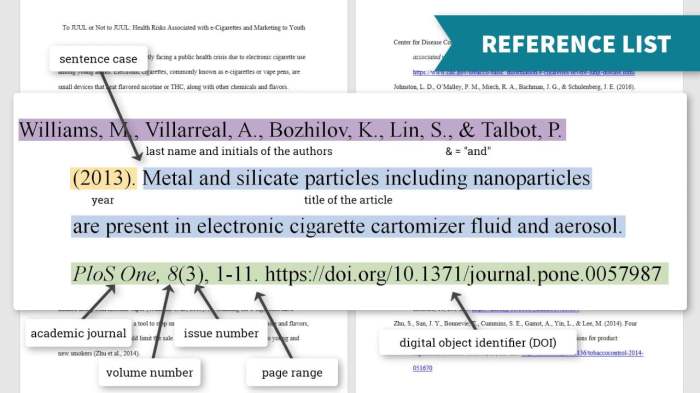Which of the following constitutional principles was hamilton referencing – The question of which constitutional principle Alexander Hamilton referenced is a significant one in understanding the development of American constitutional law. Hamilton, one of the Founding Fathers, played a pivotal role in shaping the Constitution and its principles. This discussion will explore the various constitutional principles that Hamilton may have referenced and their implications for the American constitutional system.
The Constitution establishes a framework for the distribution of powers between the federal government and the states, as well as the relationship between the different branches of government. Hamilton’s writings and speeches provide insights into his views on these principles and their importance in ensuring a balanced and effective government.
Enumerated Powers

The principle of enumerated powers, as Artikeld in the US Constitution, limits the authority of the federal government to those powers explicitly granted by the Constitution. This principle serves as a fundamental check on federal overreach and ensures that the balance of power between the federal and state governments is maintained.
Examples of Enumerated Powers:
- Declare war and raise armies
- Regulate interstate commerce
- Coin money and regulate its value
- Establish a postal service
- Grant patents and copyrights
Limitations on Federal Authority:
The enumerated powers principle restricts the federal government from exercising powers not specifically granted by the Constitution. This limitation prevents the federal government from encroaching on the powers reserved for the states, as Artikeld in the Tenth Amendment.
Federalism
Federalism is a system of government in which power is divided between a central government and constituent regional governments. In the US constitutional system, federalism establishes a division of powers between the federal government and the states.
Division of Powers:
- Federal Powers:Enumerated powers granted by the Constitution
- State Powers:All powers not delegated to the federal government
Concurrent Powers:
Both the federal and state governments share certain powers, known as concurrent powers. These powers include:
- Taxation
- Borrowing money
- Establishing courts
Checks and Balances

The system of checks and balances is a fundamental principle of the US Constitution that ensures no one branch of government becomes too powerful.
Examples of Checks and Balances:
- Legislative Branch:Makes laws, controls the budget, and has impeachment power
- Executive Branch:Enforces laws, conducts foreign policy, and has veto power
- Judicial Branch:Interprets laws, reviews executive actions, and has the power of judicial review
Importance:
Checks and balances prevent tyranny by ensuring that no single branch of government can dominate the others.
Judicial Review
Judicial review is the power of courts to determine the constitutionality of laws and government actions.
Significance:
Judicial review protects individual rights and ensures that laws comply with the Constitution. It also provides a check on the other branches of government.
Examples:
- Marbury v. Madison(1803): Established the Supreme Court’s power of judicial review
- Brown v. Board of Education(1954): Struck down racial segregation in schools
Bill of Rights: Which Of The Following Constitutional Principles Was Hamilton Referencing

The Bill of Rights is the first ten amendments to the US Constitution. It guarantees fundamental rights and freedoms for individuals.
Fundamental Rights:
- Freedom of speech, religion, and the press
- Right to bear arms
- Protection against unreasonable searches and seizures
- Right to due process of law
Importance:
The Bill of Rights safeguards individual liberties and limits the powers of government.
Examples:
- First Amendment: Protects freedom of speech, religion, and the press
- Fourth Amendment: Protects against unreasonable searches and seizures
Amendments
The Constitution can be amended through a specific process to adapt to changing circumstances and societal needs.
Amendment Process:
- Proposed by a two-thirds vote of Congress or a constitutional convention
- Ratified by three-fourths of the states
Historical Amendments:
- Thirteenth Amendment (1865): Abolished slavery
- Nineteenth Amendment (1920): Granted women the right to vote
Impact:
Amendments have significantly shaped the evolution of American constitutional law and expanded individual rights.
Essential FAQs
What was the principle of enumerated powers that Hamilton supported?
The principle of enumerated powers limits the federal government to exercising only those powers that are specifically granted to it in the Constitution.
How did Hamilton view the role of the judiciary in the constitutional system?
Hamilton believed that the judiciary should play a crucial role in interpreting the Constitution and ensuring that the other branches of government acted within their constitutional limits.
What was Hamilton’s stance on the Bill of Rights?
Hamilton initially opposed the Bill of Rights, arguing that it was unnecessary and could potentially limit the powers of the federal government. However, he later came to support the Bill of Rights as a necessary safeguard for individual liberties.
